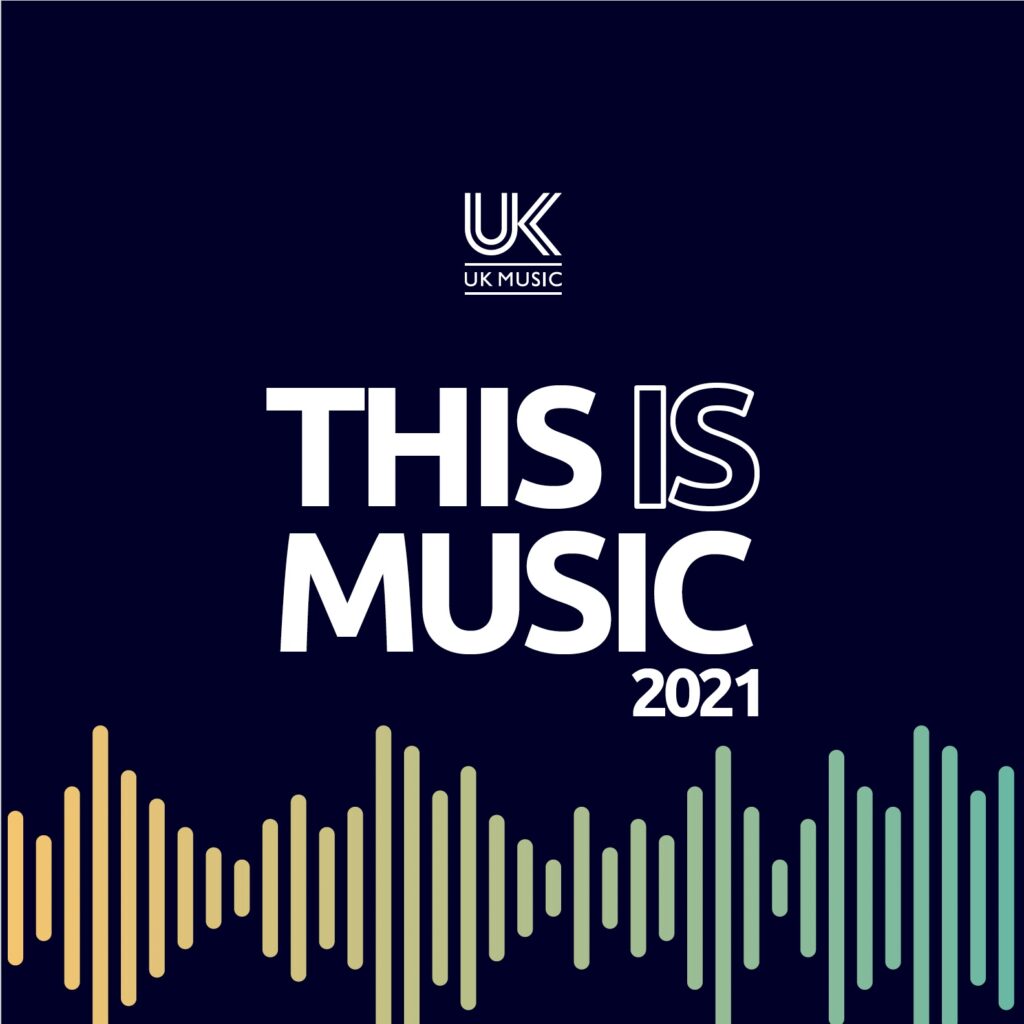The UK Music economic report is rebranded This Is Music for 2021. I have made a few changes to the format to better describe the story behind the numbers. This Is Music shows how economic value is created around the four commercial assets that form the foundation of the music industry. They are: musical composition, recording, live performance and the artist as brand and image.
By showing how all the sectors of the industry come together to build economic value around the four commercial assets, we can demonstrate a rich and realistic picture of how the industry functions in practice. These are the foundations on which GVA, exports and employment are built. This report focuses on the macro level picture, but digging a bit deeper, there are a range of back stories of vastly differing experiences and circumstances.
For instance, a consistent pattern emerged whereby those least advantaged financially felt the greatest decline in incomes. This was true of creators, music managers and recording studios. In each case, the lowest earners experienced the greatest percentage income decline.
This was because some higher earning creators and their managers can look to royalty-based income to offset the decline in live income. Emerging artists, niche artists and musicians are far more reliant on live performance. In the case of recording studios, the bigger facilities were better able to adapt and accommodate social distancing, whereas smaller studios had less flexibility and some remained closed during 2020.
In 2020, the music industry contributed £3.1 billion to the UK economy – a 46% decrease from £5.8 billion in 2019. The impact of COVID-19 hit the live industry and recording studios especially hard, disrupting the lives of music creators including artists, musicians, songwriters, producers and engineers, many of whom were unable to work. The industry’s £3.1 billion Gross Value Added (GVA) contribution in 2020 is well below the £3.5 billion contribution it made in 2012, the first year UK Music collected such data. For an industry that had recorded double-digit growth since then, this represents a huge loss.
The music industry is interconnected and the consequences of COVID-19 extend well beyond the live sector. The shutdown of live activity hit venues and promoters, resulted in fewer performing opportunities for artists and fewer commissions for composers and songwriters. Collecting societies PPL and PRS for Music saw a sharp decline in public performance income and broadcast income also fell as advertising spend declined, impacting labels, publishers, artists and songwriters.
The consumption of recorded music remained strong, with streaming income increasing and vinyl sales up on 2019, according to the BPI. While the transition from CD to streaming continued, vinyl continued to grow, up 31% on 2019.1 This success has been enhanced by impassioned and innovative marketing around Record Store Day, National Album Day and other initiatives across the year.
Exports fell to £2.3 billion, a 23% drop from £2.9 billion in 2019. The inability for artists to tour internationally was the greatest contributing factor to this decline. Studios were also heavily impacted by the loss of international artists coming to the UK to record. Publishing and recording exports performed well as the appetite for British music around the world remains strong, although it is possible there may be a knock-on impact in future years if some international markets experience a COVID-19 related decline. The impact of the new regulations, as a result of Brexit, is also an ongoing threat to future export performance.
The employment numbers, which have dropped dramatically, make for particularly stark reading. It is hard to say how many people will return to the industry and continued uncertainty will not help their prospects.
Employment fell to 128,000, a 35% drop from 197,000 in 2019. The Music Creators and Live Music sectors experienced the greatest decline – the majority of those working in the industry are self-employed, and they have been hit especially hard by COVID-19. While some were able to access government schemes, like the Self- Employment Income Support Scheme (SEISS), many were not eligible. This has resulted in thousands of music creators, crew and others leaving the industry for other sectors. Many are still committed to a career in music, but necessity has meant finding alternative sources of income.
For music creators, especially, the side hustle or day job, which is often an essential ingredient when starting out, has become a necessity again to support themselves while they continue to create music.
The industry that is built on and supports music creators is full of proudly entrepreneurial free marketeers, most of whom are unaccustomed to asking for government help. The industry is famously competitive, but it is also collaborative and that is often overlooked.
As Festival Republic’s Melvin Benn makes clear in his commentary, he and his fellow promoters have eased their competitiveness to work together and find solutions. We see this more broadly across the industry including various support schemes initiated by the likes of AIM, BPI, MMF, Help Musicians UK, the Musicians’ Union, PPL, PRS for Music and its charitable bodies, the PRS Members’ Fund and PRS Foundation, to help those most in need.
The music industry is down, but it is certainly not out. It is a people business fundamentally and its people are creative, resilient and determined. We shall rise again.
Click here to read the report.

